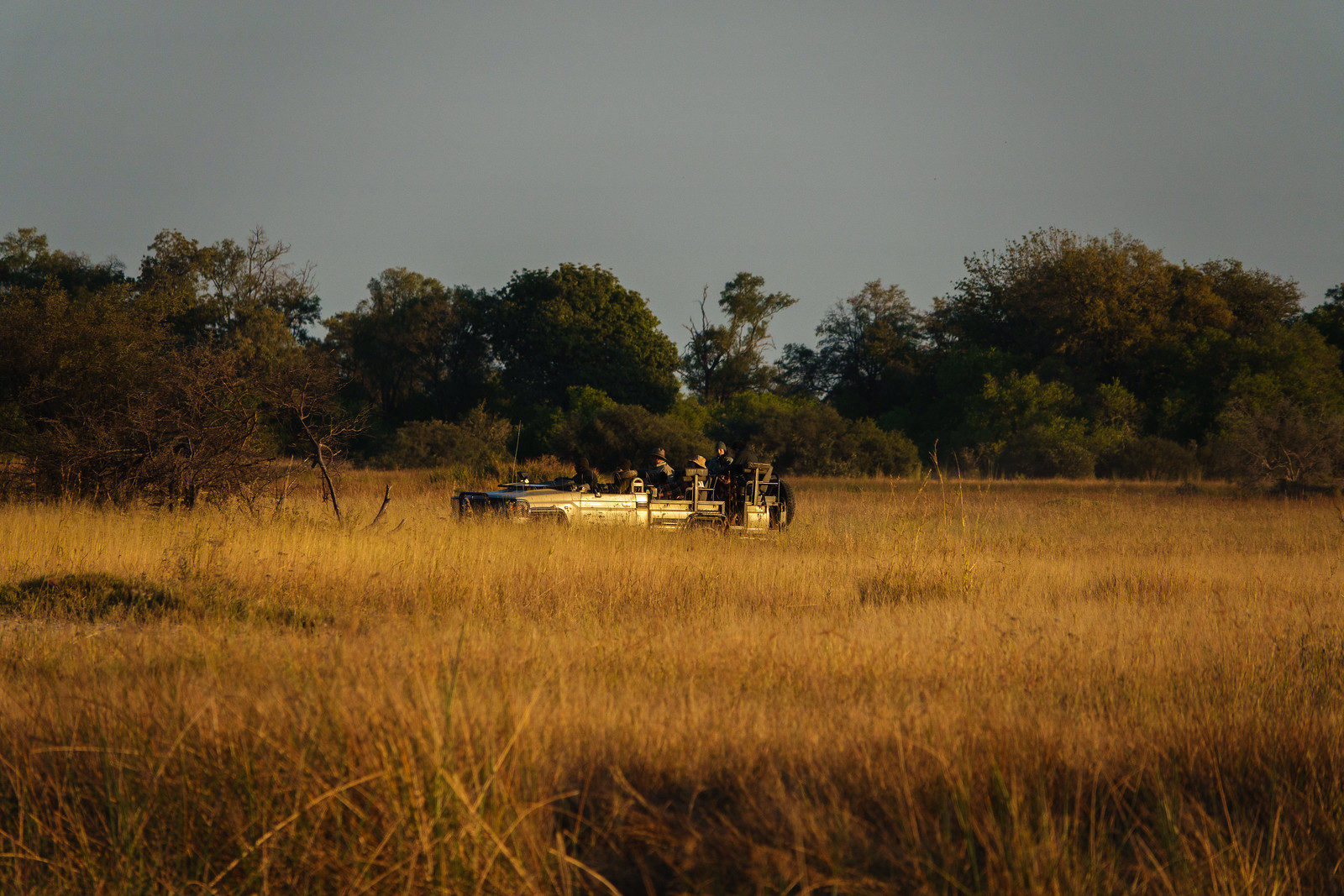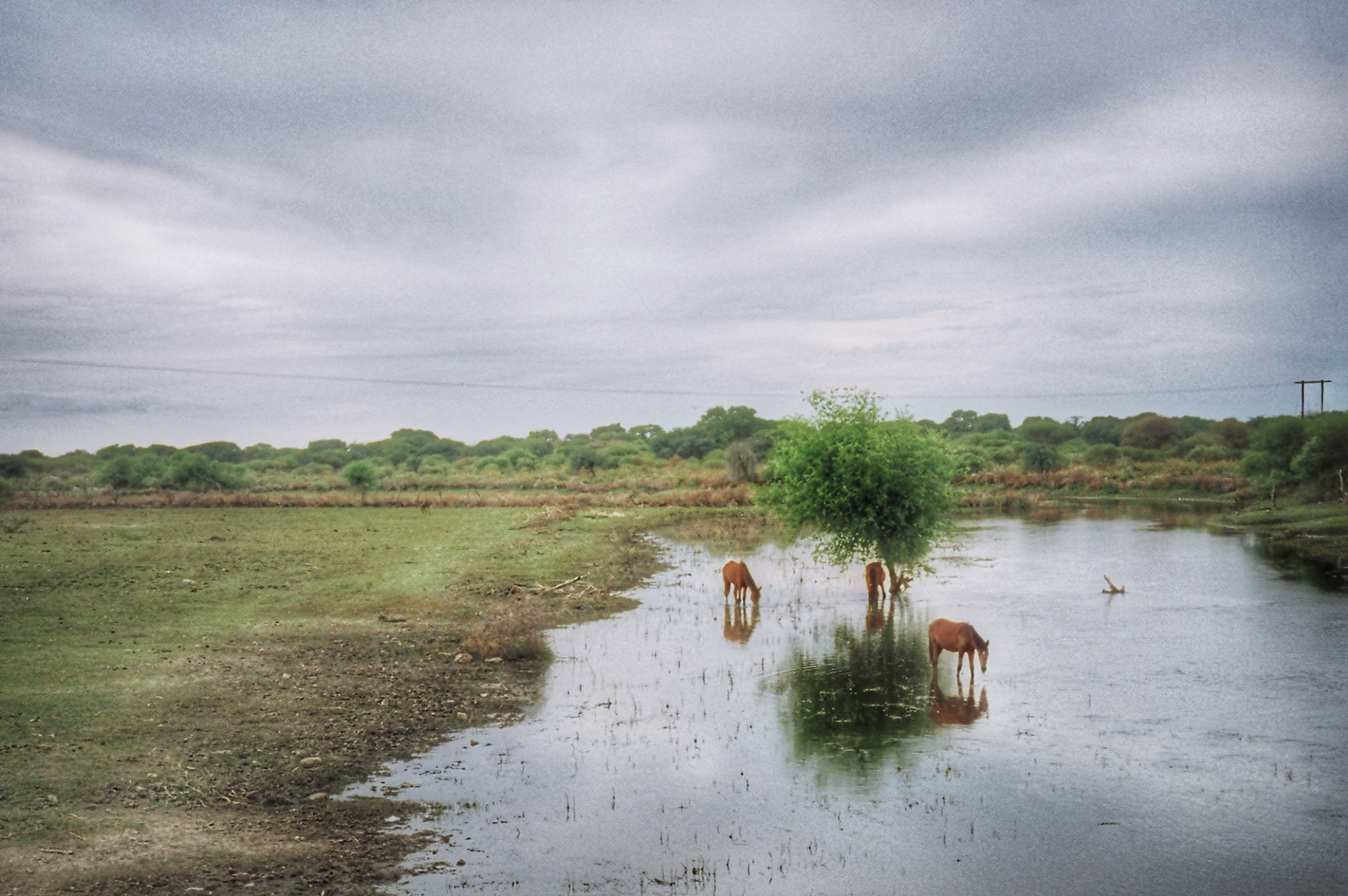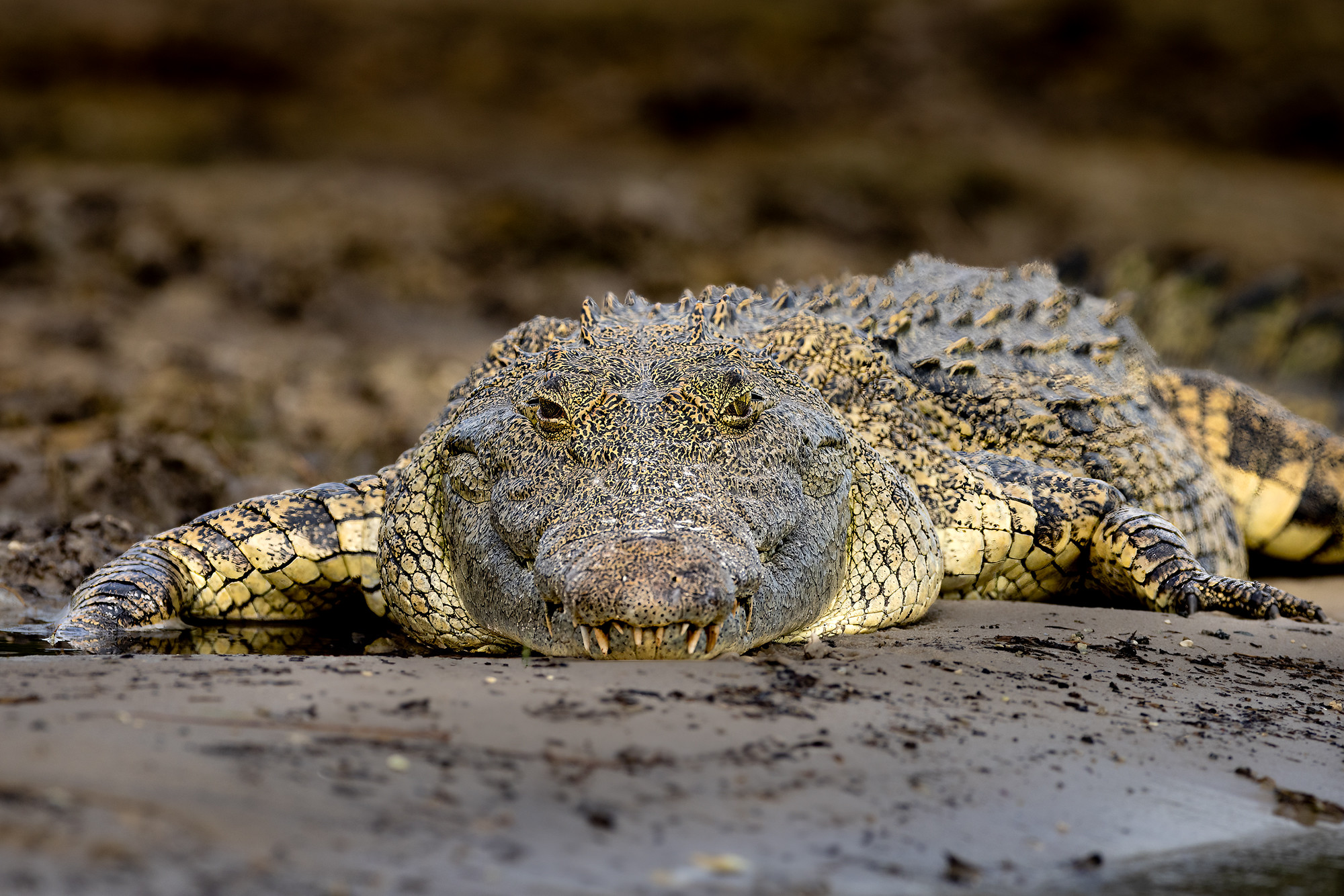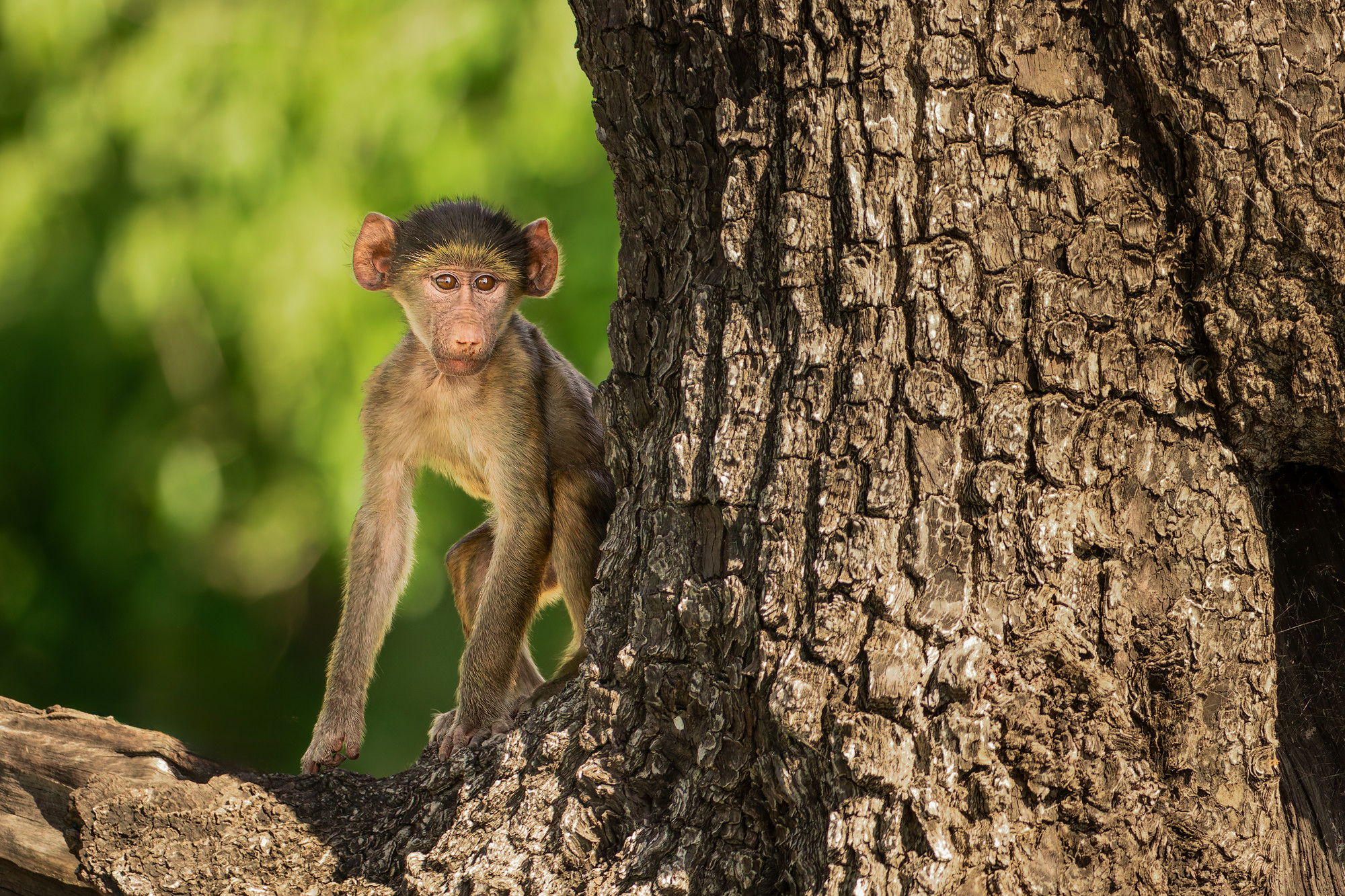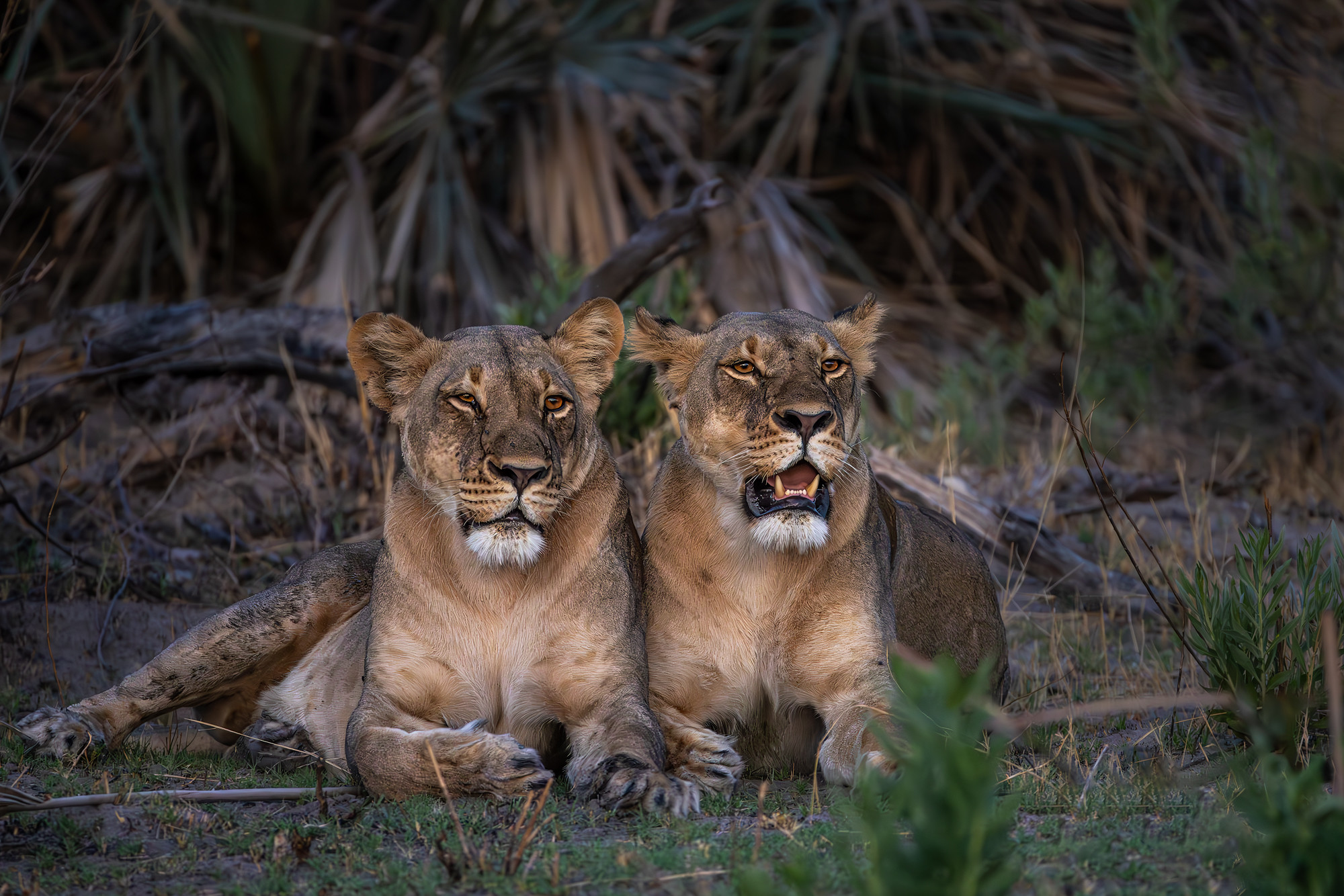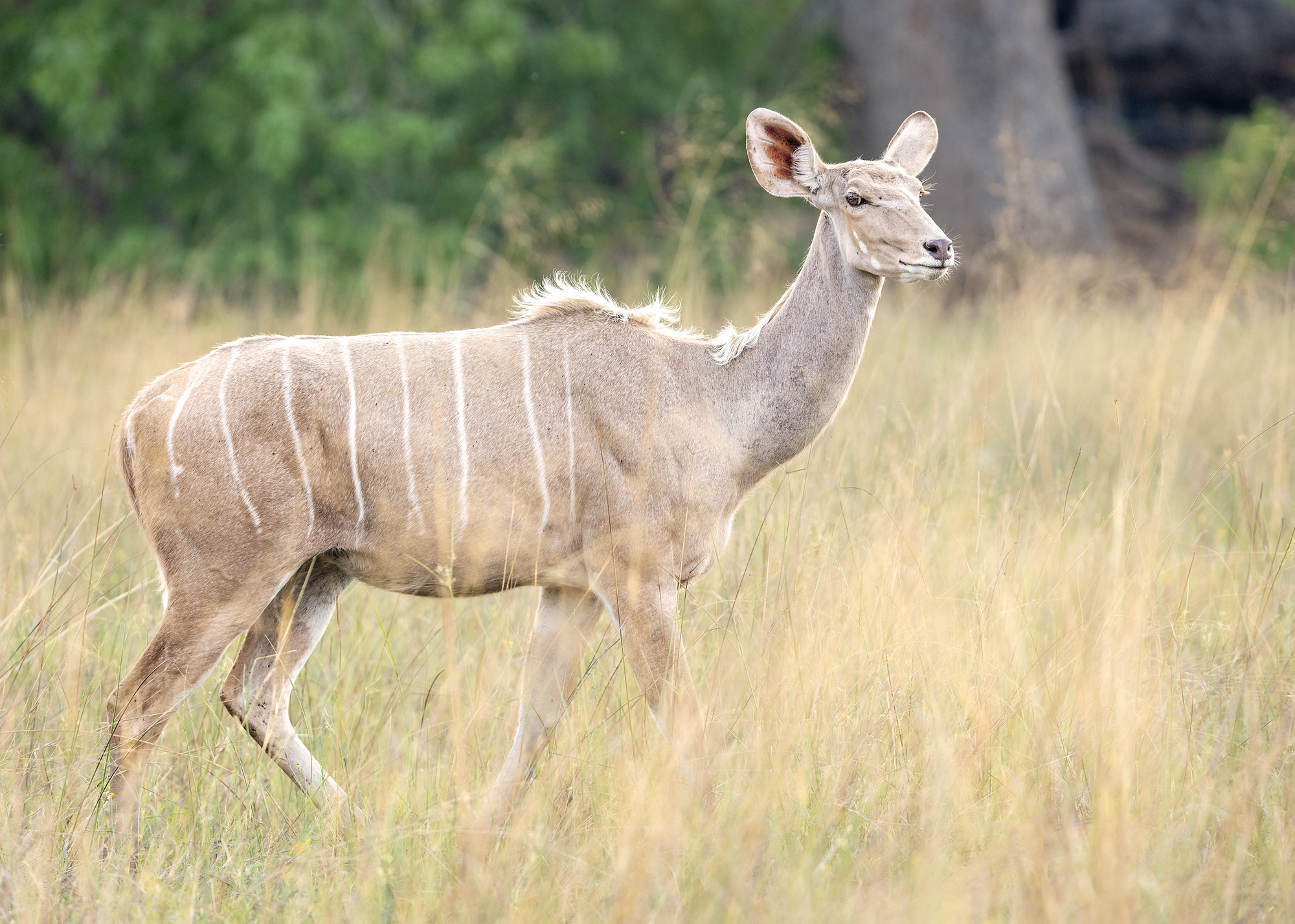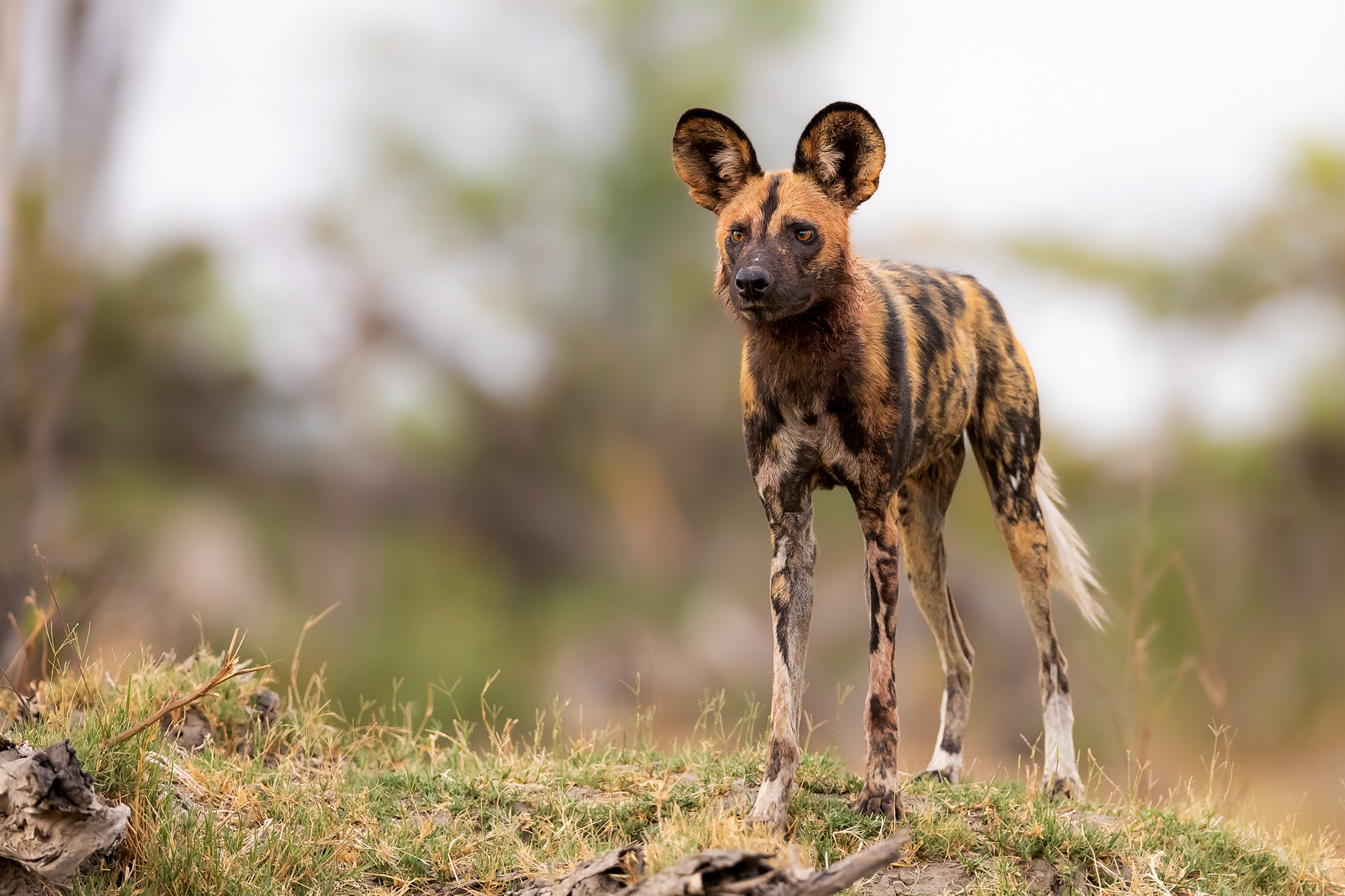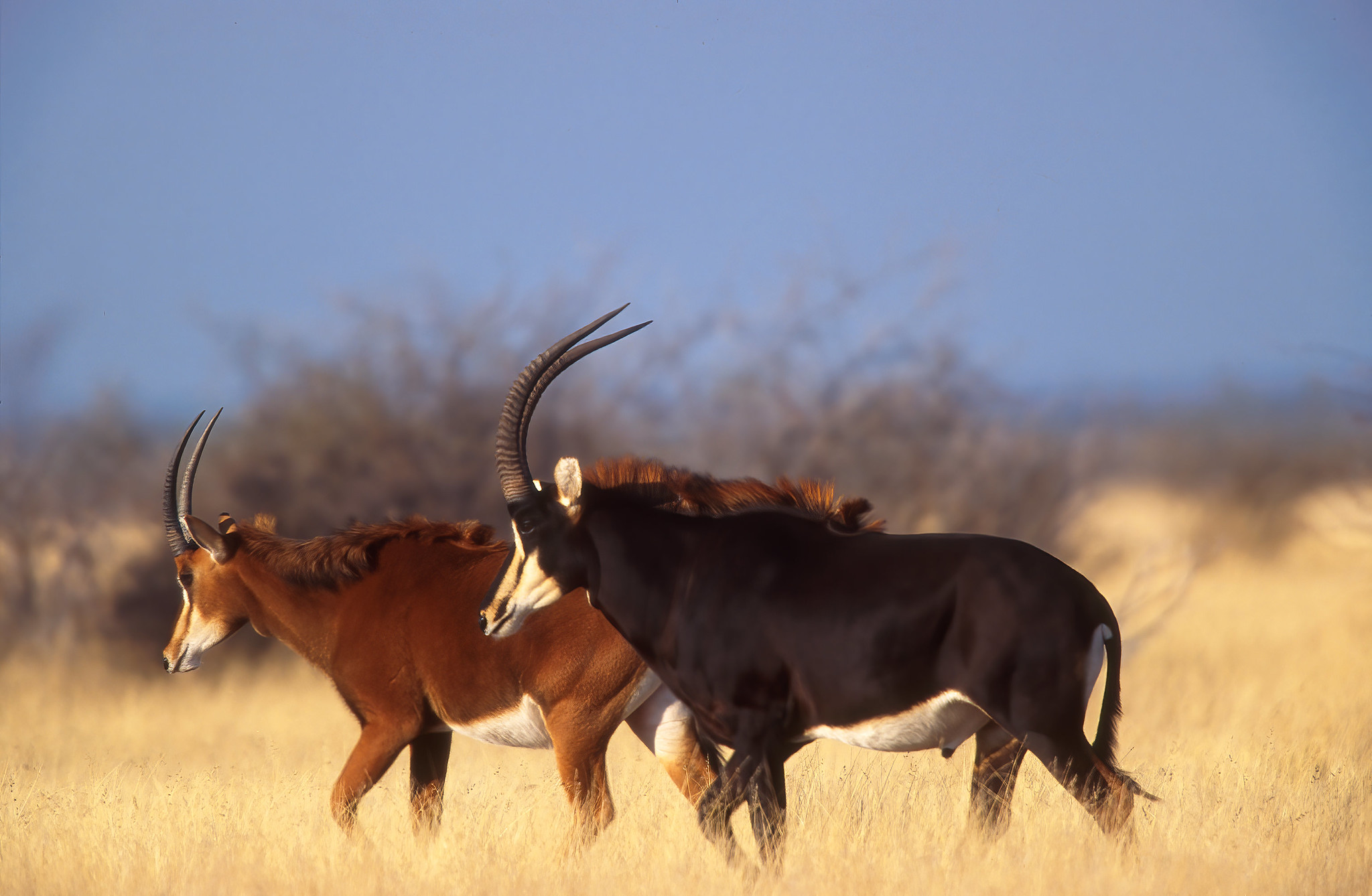When to Visit Botswana: A Guide Through the Seasons
Botswana, with its wild, untouched landscapes and rich ecosystems, is a premier safari destination—and timing your visit well can transform your experience from great to unforgettable. The country has two main seasons: the dry season and the wet (or green) season, each offering something distinct for travellers seeking adventure and meaningful memories.
Dry Season (May to October): Prime Time for Wildlife Safaris
The dry season is widely considered the best time to visit Botswana, especially for game viewing. As the rains fade, vegetation thins and water becomes scarce, concentrating animals around rivers, waterholes, and the Okavango Delta’s permanent channels.
From June to August, the weather is pleasantly cool and dry, with crisp mornings and warm afternoons. This period is perfect for game drives, mokoro excursions, and boat safaris, particularly in regions like Moremi, Chobe, and Savuti. As the season progresses into September and October, temperatures rise significantly, but so does the intensity of wildlife action—predator sightings are frequent, and elephants flock in huge numbers to the Chobe River.
Green Season (November to April): A Lush, Quieter Escape
The wet season transforms Botswana’s landscapes into a vibrant green canvas. Rain showers—often brief but heavy—revive the bush, ushering in a time of beauty, renewal, and solitude. This is birthing season for many species, and it’s also a birdwatcher’s paradise, with migratory birds in dazzling breeding plumage filling the skies.
While wildlife can be harder to spot due to dense vegetation and dispersed water sources, the green season offers lower rates, fewer crowds, and dramatic photographic scenes—perfect for travellers seeking serenity and connection to nature. The Makgadikgadi Pans come alive with migrating zebra and flamingos, a rare spectacle best seen between January and March.


